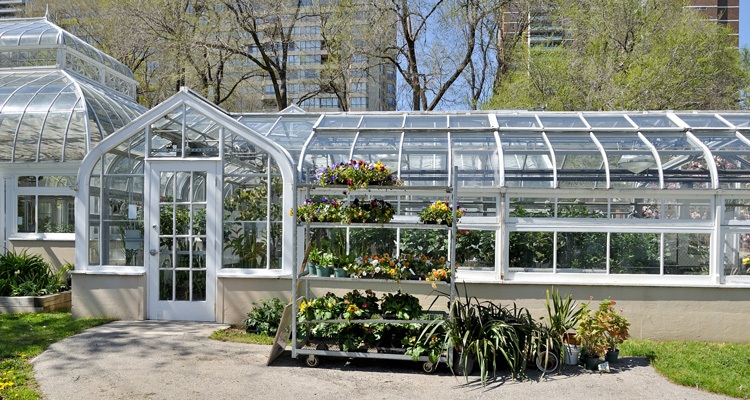Much like any other industry, agriculture and farming have evolved to keep up with the times. Various technologies and products are being used and continuously developed to help increase yields, improve efficiency, and protect investments. Nowadays, precision farming uses techniques and technologies such as GPS, digital photography, satellite imagery, field mapping, as well as sustainable methods to improve crop quality and profitability. In addition, farmers have a range of solutions to address their concerns.
Among such solutions are heavy-duty, industrial-quality tarpaulins and covers. Yes, it doesn’t sound as “sexy” as high-tech products like soil and water sensors, but the fact of the matter is that these modern tarps are quite essential to farmers. Here are just a few ways that these tarps have become a significant part of modern farming.
Protection of Livestock
The Australian sun can get quite scorching, which is why having a lean-to or a dome shelter for livestock and herd animals is ideal to provide some shade. Using high-quality tarps that are lightweight yet sturdy, heat-resistant, and UV-stable, farmers can make sure that the shelter can withstand extreme heat. Dome shelters can also be used during the winter to help break the cold winds.
Protection of Grain for Storage
Some farmers store their grain temporarily in bunkers before selling them in anticipation of better prices, or before transferring them to other facilities for long-term storage. Bunkers usually have elevated floors that help keep the grain away from water build-up and ground moisture. Tarps are then used to cover the grain to prevent weather damage. These tarps are UV-stable so they can withstand exposure to the sun. When stored properly, grains like barley, oats, rice, sunflower, and wheat can be stored indefinitely without losing their quality or their nutritional content.
Protection of Farm Equipment
Farmers invest a huge amount of money for heavy equipment like backhoes, conveyor belts, harvesters, and ploughs. It’s only logical to want to protect these machinery, especially since their parts are susceptible to rust, corrosion, and other kinds of damage. Parking these machines inside a barn or under an overhead shelter may not be enough to protect them from extreme climate conditions. Therefore, these heavy equipment are usually covered with heavy-duty tarps to help protect them against the elements. In addition, farm tarpaulins can also be used to keep hand tools clean and organized inside sheds or barns.
Protection of Aggregate Materials
Farmers usually have a stockpile of aggregate materials used to enrich or alter the soil to make it more suitable for various crops. These aggregates include fertilizers, mulch, salt, and even sand. Keeping these materials dry help maintain their quality. Using heavy-duty tarps to cover these materials make for long-lasting protection against any weather. As long as the tarps are properly constructed, they won’t leak or break and can last for years. Like other tarps used for agriculture and farming, using UV-stable and waterproof tarps help keep these aggregates in good condition until they’re ready for use.
Protection of Prepared Soil
Tilling soil to prepare it for planting crops is hard work. To add to this, it’s often challenging to keep the soil in good condition because it’s exposed to the elements. In particular, prepared soil is prone to weed invasion. Placing an opaque tarp on top of the tilled soil can help suppress weed growth, and can stunt or kill those that already developed. Soil temperature does climb when using industrial-quality tarps, although this is only enough to kill the weeds and not affect healthy microbial activity.
Modernization doesn’t immediately mean using the most high-tech gadgets to achieve your goals. Sometimes, it’s all about using a simple product like the tarpaulin and thinking of ways it can be developed to solve problems.
